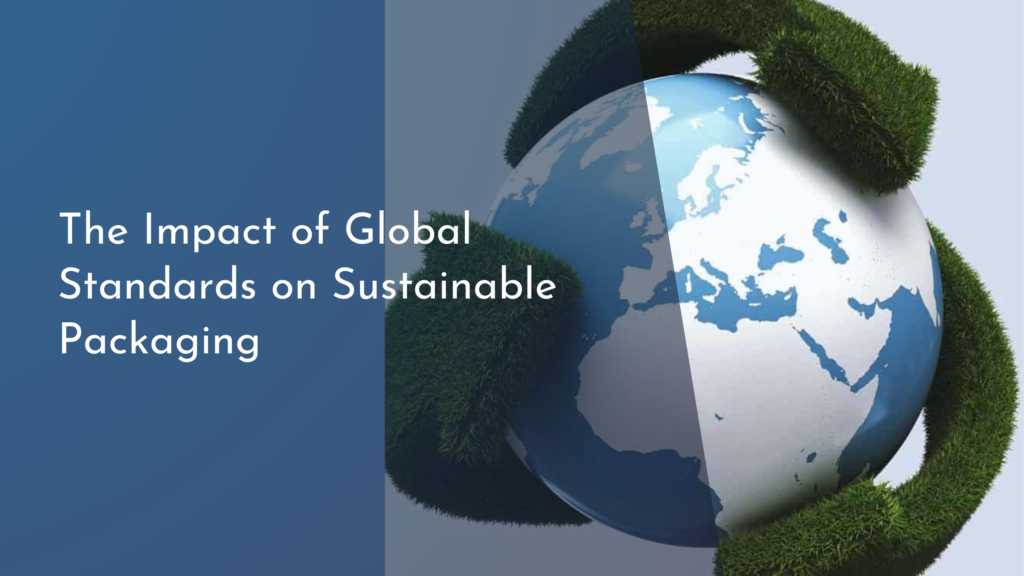The Role of Bees and Pollinators in Permaculture
In the world of permaculture, the intricate relationships between plants, animals, and the environment are celebrated for their ability to create a sustainable and self-sufficient ecosystem. Among the myriad of creatures that contribute to this balance, bees and other pollinators hold a special place. These tiny heroes are not only responsible for the reproduction of many flowering plants, but they also play a pivotal role in enhancing biodiversity and food production. As we delve into the fascinating role of bees and pollinators in permaculture, we discover how these little helpers are essential for thriving ecosystems and bountiful harvests.
Buzzing Benefits: Why Bees are Essential for Permaculture
Bees are often considered the backbone of agricultural production, as they are responsible for pollinating about 75% of the world’s flowering plants. In a permaculture system, their significance multiplies, as diverse plant species rely on cross-pollination to produce fruits, seeds, and vegetables. The presence of bees not only enhances the quantity of crops, but it also improves the quality, resulting in richer flavors and more nutritious produce. Their hardworking nature means that they can pollinate a wide array of plants, making them indispensable allies in creating a resilient permaculture design.
Furthermore, bees contribute to the overall health of the ecosystem by promoting genetic diversity among plants. This biodiversity is crucial for the resilience of any permaculture system, as it allows plants to adapt to changing environmental conditions and resist pests and diseases. When bees visit flowers, they transfer pollen from one plant to another, facilitating the creation of hybrid varieties that can thrive in various climates and conditions. This intricate dance of pollination not only fosters healthy crops but also ensures that the entire ecosystem benefits from a balanced and vibrant community of flora and fauna.
Pollinators in Action: Nature’s Little Helpers at Work
Pollinators, including bees, butterflies, hummingbirds, and bats, work tirelessly to transfer pollen from male to female flowers, ensuring the continuation of plant species. This process is vital for the production of fruits, seeds, and vegetables that constitute the backbone of permaculture gardens. As these creatures flit from bloom to bloom, they not only help plants reproduce but also support the growth of new plants, thereby contributing to the complex tapestry of life in permaculture systems. Without these industrious pollinators, many of our favorite foods would become scarce, leading to decreased biodiversity and food security.
In addition to their role in pollination, these little helpers also promote a healthy ecosystem by supporting other wildlife. By attracting pollinators, permaculture gardens encourage a variety of beneficial insects, birds, and other animals that contribute to soil health, pest control, and overall biodiversity. The presence of pollinators can create a vibrant microhabitat, fostering a balance between various species and enhancing the resilience of the entire ecosystem. Thus, ensuring a welcoming environment for pollinators not only benefits individual plants and crops but also supports the intricate web of life that sustains our world.
Creating a Haven: Designing Bee-Friendly Spaces
Designing bee-friendly spaces is an essential aspect of permaculture that can be achieved with thoughtful planning and consideration. The first step is to ensure a diverse range of flowering plants that bloom at different times throughout the growing season. By incorporating a variety of plants, including native wildflowers, herbs, and fruit-bearing crops, you can create a continuous food source for bees and other pollinators. Additionally, providing shelter, such as bee hotels or nesting sites for solitary bees, can further enhance their habitat and encourage them to settle in your permaculture garden.
Another key element in designing a haven for pollinators is to minimize the use of pesticides and synthetic chemicals. These substances can be harmful to bees and other beneficial insects, disrupting their natural behaviors and even leading to population decline. Instead, utilizing organic and regenerative practices can help create a thriving environment for pollinators. Including companion planting and natural pest control methods can further enhance the health of your garden while protecting the vital role that bees and pollinators play in our ecosystem.
Sweet Rewards: How Pollinators Boost Your Harvests
The presence of pollinators in a permaculture system directly translates to increased yields and better-quality produce. Many fruits and vegetables, such as tomatoes, cucumbers, and berries, rely on bees for pollination to set fruit. With their help, these crops can flourish, resulting in abundant harvests that provide food for both people and wildlife. Moreover, when pollinators are abundant, plants tend to produce more seeds, ensuring future generations and a self-sustaining ecosystem. This symbiotic relationship is a beautiful example of how nurturing pollinators leads to tangible benefits in our gardens.
In addition to boosting yields, pollinators also enhance the overall health and resilience of your garden. A diverse array of pollinated plants can attract more beneficial insects and wildlife, creating a balanced ecosystem that combats pests naturally. This interconnectedness means healthier plants, less reliance on external inputs, and ultimately a more resilient food system. By embracing the role of pollinators in permaculture, gardeners not only reap the sweet rewards of increased harvests but also contribute to the preservation of biodiversity and the health of our planet.
Bees and other pollinators are essential to the principles of permaculture, serving as nature’s little helpers that enhance biodiversity, improve food quality, and create thriving ecosystems. By understanding their vital role and actively creating bee-friendly spaces, we can work toward a more sustainable future, where our gardens flourish alongside these hardworking creatures. As we witness the sweet rewards of our efforts, it becomes clear that nurturing pollinators is not just beneficial for our harvests but is also a joyful celebration of the interconnectedness of life on Earth. Let’s continue to protect and support these buzzing friends for a healthier planet and abundant gardens!

